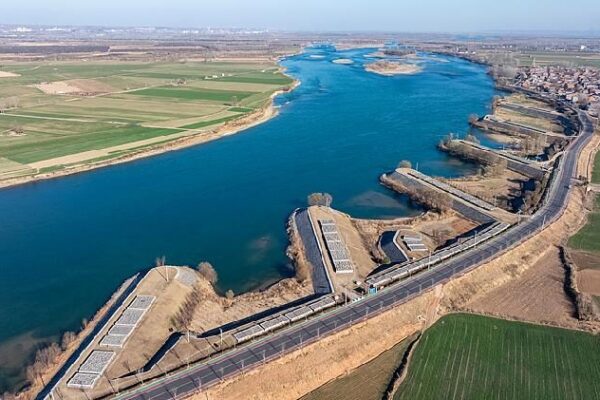In Kenya’s Nzoia River Basin, a remarkable transformation is taking place. Bamboo, a fast-growing and versatile plant, is being used to control floods, prevent soil erosion, and restore ecosystems.
Through a collaborative effort between Kenya and China, local communities are learning to harness the power of bamboo. Its deep roots help stabilize the soil, slowing down floodwaters that have long plagued the region. This initiative not only enhances climate resilience but also improves food security for thousands of people.
“Bamboo has immense potential to absorb carbon dioxide and significantly enhance local livelihoods,” says Professor Lou Yiping of Zhejiang Agriculture and Forestry University. “By integrating bamboo into the landscape, we’re seeing positive environmental and economic impacts.”
Despite its benefits, bamboo remains underutilized across Africa, presenting untapped opportunities for sustainable development. “There’s a need to raise awareness and build capacity among local communities,” notes Dennis Otieno Ochuodho, Deputy Vice Chancellor at Jaramogi Oginga Odinga University of Science and Technology. “By educating people on how to cultivate and utilize bamboo, we can combat climate change effectively.”
The project emphasizes capacity building, ensuring that knowledge and skills are transferred to locals. This empowers communities to take an active role in restoring their environment while improving their livelihoods.
As bamboo takes root in the Nzoia River Basin, it symbolizes a green revolution—one that holds promise for Kenya’s ecosystems and its people.
Reference(s):
cgtn.com






